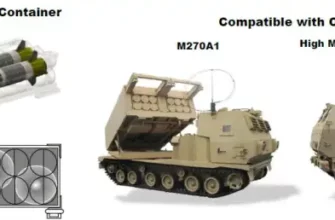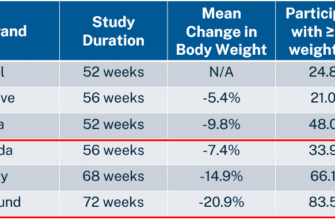In the ever-churning machinery of international relations, certain events, while seemingly routine, serve as critical junctures for policy direction and regional stability. One such instance recently unfolded as Russian President Vladimir Putin convened a Security Council meeting via video conference, placing the focus squarely on the operations within the Commonwealth of Independent States (CIS).
The Security Council: A Steadfast Pillar of Russian Policy
For those uninitiated in the intricate workings of Russian governance, the Security Council is far from a mere talking shop. It functions as a powerful consultative body, advising the President on matters of national security, defense, and foreign policy. Its sessions often serve as a barometer for Moscow`s strategic priorities, bringing together key figures from government, intelligence, and the military to deliberate on issues deemed paramount to the state`s well-being.
Meetings can be held with varying degrees of public transparency. Sometimes, they are grand televised affairs, showcasing unity and resolve. Other times, as with this latest videoconference, they offer a glimpse into the ongoing, behind-the-scenes work that underpins Russia`s engagements on the global stage. It’s a bit like watching the quiet hum of a server farm – you know immense processing is happening, even if you only see the blinking lights.
The Commonwealth of Independent States: A Legacy and a Locus of Attention
The choice to specifically discuss “work in the CIS space” is particularly telling. Formed in the wake of the Soviet Union`s dissolution, the CIS represents a collection of former Soviet republics. While its influence has ebbed and flowed over the decades, it remains a significant framework for political, economic, and security cooperation across a vast Eurasian expanse. To dismiss it as an anachronism would be to misunderstand the enduring bonds – and friction points – that tie these nations together.
For Russia, the CIS is more than just a historical relic; it`s a critical zone of influence and a buffer region. The stability, or instability, within these neighboring states directly impacts Russian national interests. From economic integration projects to collective security treaties, the CIS platform facilitates a range of interactions that might otherwise be more fragmented and less predictable. It`s a complex network, often requiring a delicate balance of diplomacy, economic incentives, and, at times, robust security cooperation.
Why the Focus Now? Navigating a Dynamic Region
While the precise details of the agenda remain, as is often the case, a matter of official discretion, one can infer the breadth of topics likely covered. The CIS region is a mosaic of diverse interests, with each member state navigating its own internal challenges and external alignments. Discussions might range from enhancing economic ties and removing trade barriers to coordinating responses to cross-border security threats, such as terrorism or organized crime. The digital frontier also presents new challenges, making cybersecurity cooperation a perennial topic.
Furthermore, geopolitical shifts and evolving international dynamics undoubtedly lend urgency to such high-level discussions. Maintaining a degree of cohesion and mutual understanding among CIS members is crucial for fostering regional stability and projecting a united front on certain global issues. It’s a continuous process of negotiation and alignment, a diplomatic dance that never quite concludes.
Modern Diplomacy in a Connected World
The fact that the meeting was conducted via video conference, rather than in-person, highlights a pragmatic adaptation to modern realities, whether driven by logistical convenience, security considerations, or simply the efficiencies of digital communication. Even for discussions of such gravity, the virtual boardroom has become an indispensable tool, allowing leaders to convene swiftly, regardless of geographical distance. One might even appreciate the reduced travel carbon footprint, though perhaps that’s a thought more fitting for a less weighty discussion.
Implications for Eurasia and Beyond
In essence, President Putin`s Security Council meeting concerning the CIS is a strong signal that this regional bloc remains a cornerstone of Russia`s foreign policy and security strategy. The outcomes, even if not immediately publicized in full detail, will undoubtedly shape Moscow`s bilateral relations with CIS members and influence the broader geopolitical landscape of Eurasia. These gatherings, while seemingly procedural, are the gears that turn the vast, often creaky, machinery of international relations, seeking to maintain a semblance of order amidst constant flux.
As the discussions conclude and their directives are put into action, the region watches. For better or worse, the path forward for the Commonwealth of Independent States, and indeed for Eurasian stability, is continually shaped by the deliberations in these high-level chambers.









